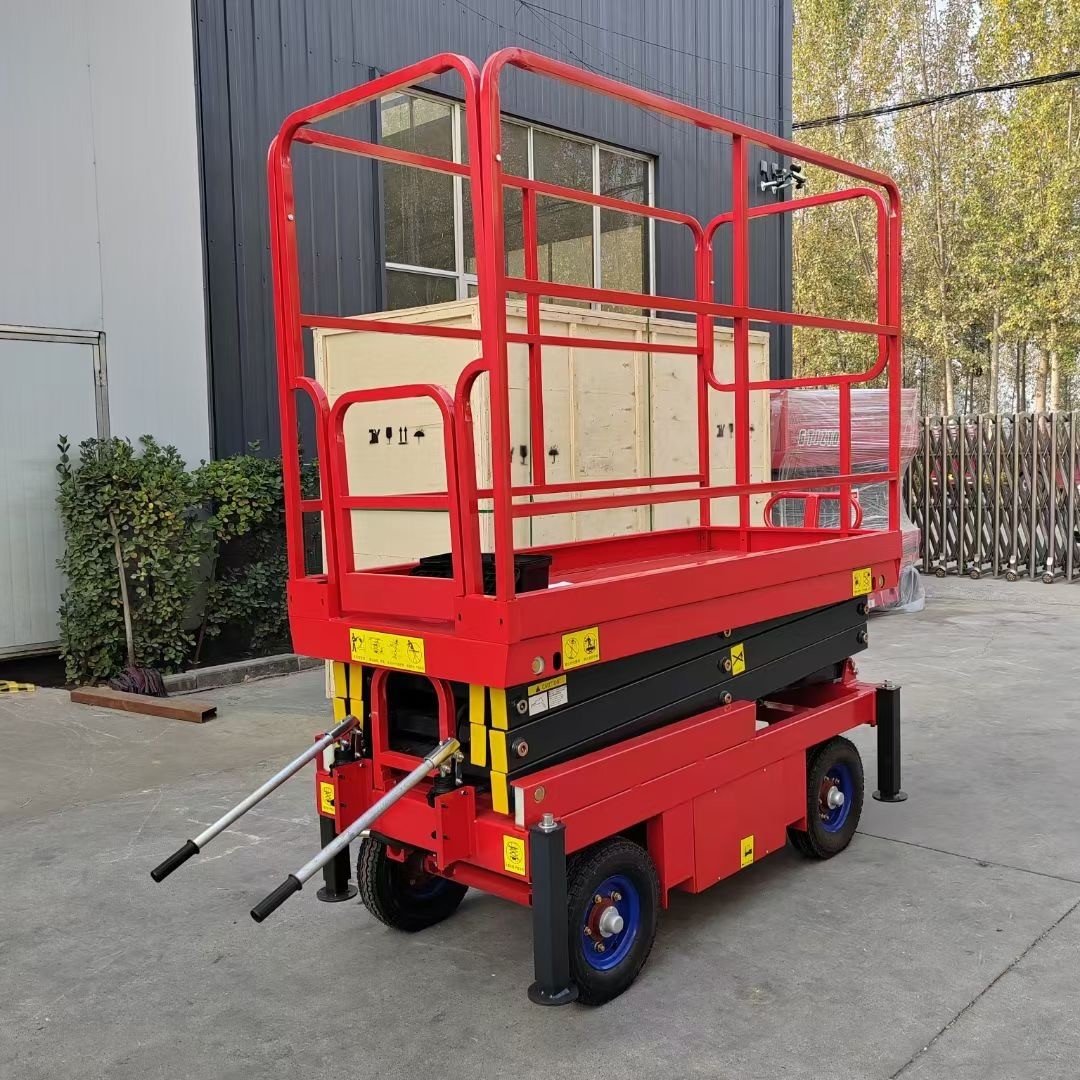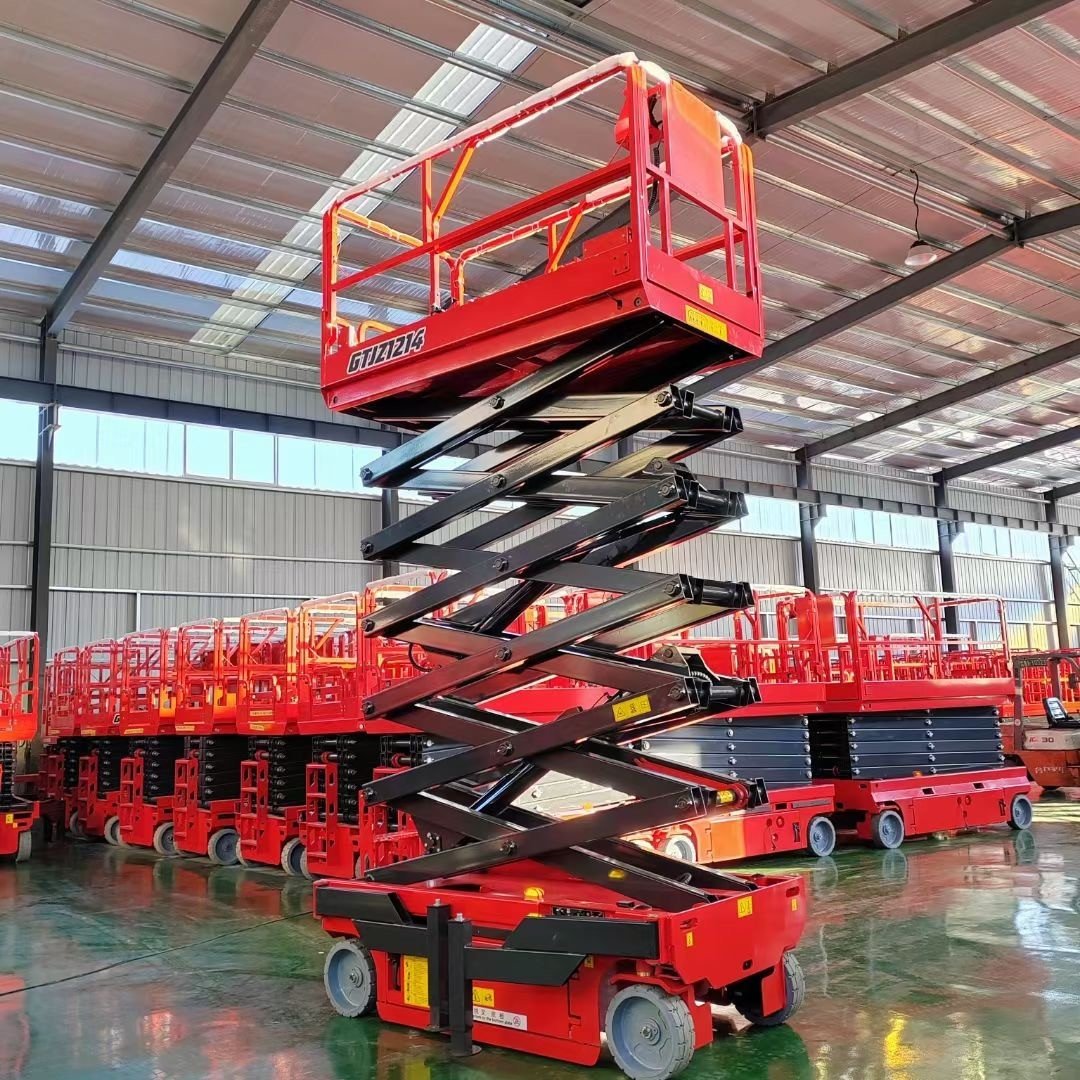We take pride in delivering exceptional customer service to both new and loyal customers. Our commitment is to ensure the reliability of our elevating work platform and consistently elevate safety standards.


Choosing a suitable Aerial Work Platform requires comprehensive consideration of work requirements, environmental characteristics, equipment performance and safety factors. The following are key selection points:
1. Working Height and Range
Choose the Lift Platform according to the actual working height. For example, for low-altitude work (4-10 meters), you can choose a scissor-type or aluminum alloy lifting platform; for medium-high altitude work (10-30 meters), it is suitable for a curved arm or straight arm platform; for ultra-high altitude work (over 30 meters), you need to choose a straight arm or spider type equipment.
2. Load Capacity and Platform Size
It is necessary to evaluate the total weight of the number of operators, tools and materials, and select Mobile Elevated Work Platform with corresponding load capacity (such as the common range of 1-3 tons). The platform size must meet the requirements of the operating space. Folding or articulated arm designs can be selected for narrow environments.
3. Different Working Environments
3.1 Construction Sites
We recommend Telescopic or Scissor Lift Platforms. Telescopic Platforms are suitable for high-altitude operations over obstacles, while Scissor Lift Platforms are more stable when carrying heavy objects on flat ground.
3.2 Factory Workshop
When space is limited, the Articulated Platform is more flexible due to its foldable and rotatable features; in clean environments (such as electronics factories), it is recommended to use an electric platform to reduce noise and pollution.
3.3 Municipal Engineering
The Scissor Lift Platform is easy to move and occupies a small area, suitable for road maintenance or street light installation; outdoor work requires waterproof and rust-proof equipment.
4. Safety and Quality
Make sure the Aerial work Platforms meets industry standards, such as overload protection, emergency braking system, etc. Check whether the platform structure has been treated with anti-corrosion (such as hot-dip galvanizing). Outdoor equipment needs to be designed with enhanced durability.
5. Maintenance and After-sales Service
Choose the supplier that provides maintenance guidance and spare parts support.

